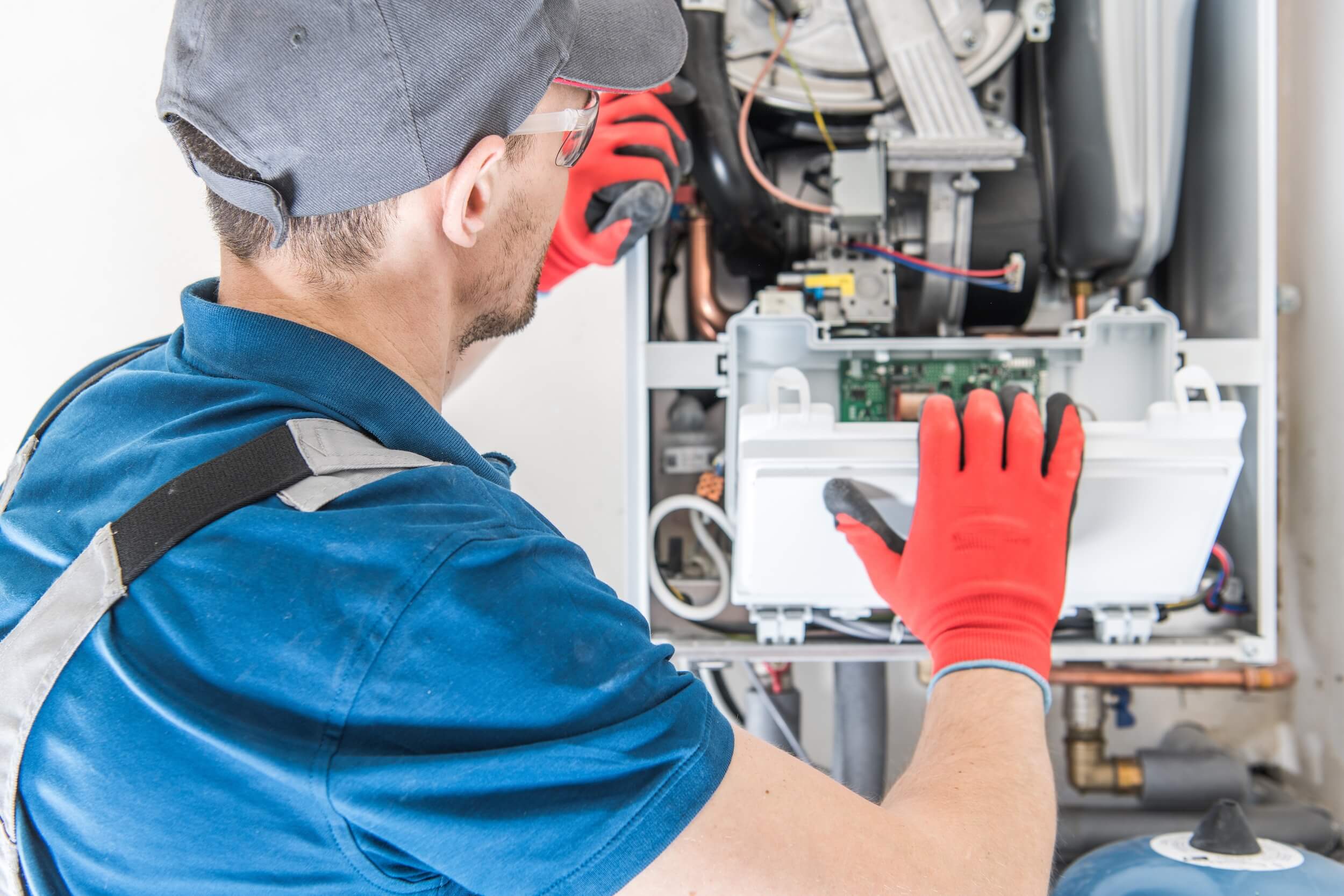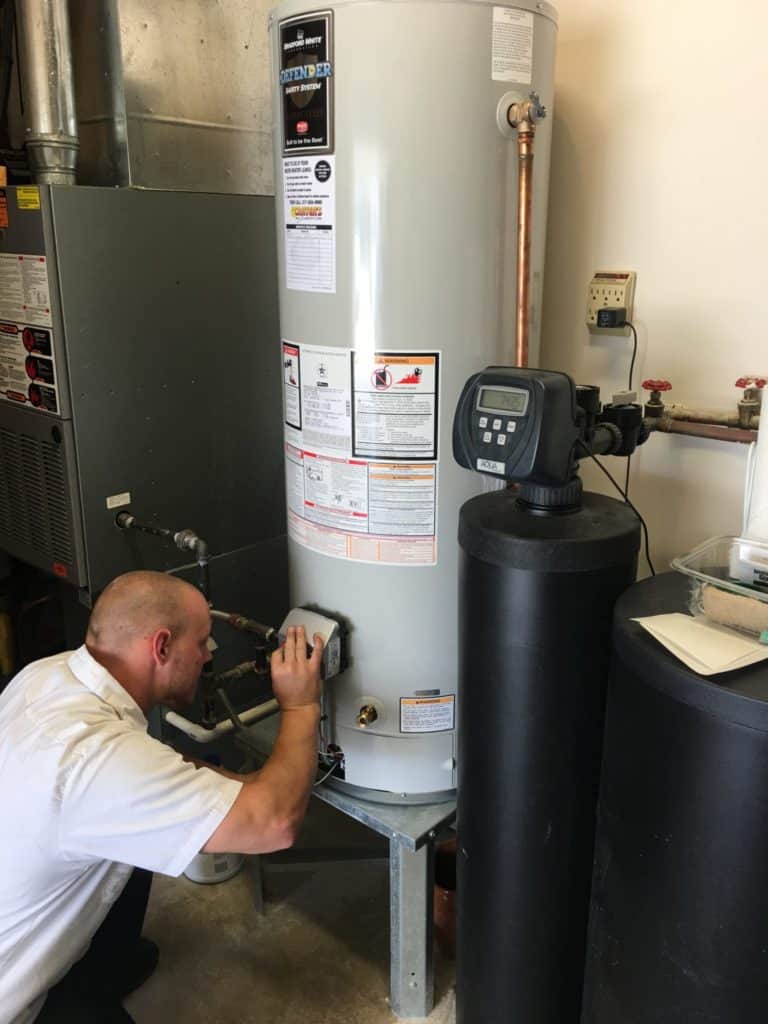Managing the Chief Water Heater Crisis Events
Managing the Chief Water Heater Crisis Events
Blog Article
What are your insights and beliefs about Common Hot Water Heater Problems?

A water heater is among one of the most vital standard appliances that can be found in a house. With water heaters, you don't need to go through the anxiety of home heating water by hand every single time there is a demand to wash, wash, or the recipes. There is always an opportunity that your water heating unit would act up as with many mechanical devices.
It is important to keep in mind any type of little malfunction and also tackle it swiftly before points get out of hand. Most times, your hot water heater starts to malfunction when there is a build-up of sediments as a result of constant usage. As a safety measure, routine flushing of your water heater is advised to prevent sediment build-up and avoid useful failing.
Common water heater emergency situations and also how to handle them
Leaking hot water heater container.
In this scenario, you must turn off your water heating system, enable it to cool down, and also carefully look for the source of the trouble. At times, all you need to do is to tighten a couple of screws or pipeline links in instances of small leakages. If this does not work and the leak persists, you might require to use the solutions of a technician for an appropriate replacement.
Changing water temperature level.
Your water heating unit could start generating water of different temperatures typically ice cold or scalding warm. There might be a requirement to change either the thermostat or the heating unit of your water heating system.
Too little hot water
Managing a not enough supply of warm water can be irritating. It might be that the water heater can't support the hot water demand for your apartment or condo. To deal with this issue, you might attempt to readjust your heating system's temperature level dial and also wait for a few minutes. If the issue lingers, you can request for the assistance of an expert plumber. Conversely, you might upgrade your hot water heater to one with a bigger capacity.
Discolored or odiferous water
You require to recognize if the problem is from the tank or the water source when this takes place. If there is no amusing odor when you run cold water, then you are certain that it is your water heater that is malfunctioning. The odiferous water can be triggered by corrosion or the accumulation of microorganisms or debris in the hot water heater storage tank. Once you notice this, you can try flushing out your container or changing the anode if the trouble lingers. The function of the anode is to clean microorganisms from your storage tank. Given that the anode rod substitute calls for a comprehensive expertise of your water heating unit, you will certainly need the help of a specialist.
Final thought
Some house owners ignore little warning and minor faults in their water heater system. This just leads to further damage and a possible total failure of your appliance. You should deal with your hot water heater mistakes as soon as they come up to avoid more costs as well as unnecessary emergency problems.
With water heating units, you don't require to go via the stress and anxiety of home heating water by hand every time there is a requirement to take a bathroom, do the laundry, or the dishes. Your water heater can start creating water of various temperature levels generally ice cold or hot hot. It might be that the water heater can not support the warm water demand for your home. If there is no amusing odor when you run chilly water, after that you are specific that it is your water heating unit that is damaged. The smelly water can be caused by rust or the buildup of germs or debris in the water heating system tank.
Common Water Heater Issues and What You Should Do
What Type of Water Heater Do You Have?
Before we begin it’s first important that you identify the type of water heater you have on your property. There are two main types of water heaters out there: conventional and high efficiency.
Both of these types of products typically use either gas or electricity to heat power. There are also solar water heaters that use a thermal collector on the roof or yard to heat the water.
While these models are not as common, they can cut heating costs in half. In this article, we will focus on conventional and high efficiency.
How Do My Electric and Gas Water Heater Work?
Though they look similar, electric and gas water heaters work very differently. It’s important to know their basic function because often problems can be specific to the heating source.
In the electric model, a thermostat on the side of the machine detects the temperature of the water in the tank. When the temperature needs to rise electricity flows to a heating element suspended in the water.
Gas models also use a thermostat device — typically with a mercury sensor at the tip and an additional sensor called a thermocouple. The thermocouple detects whether the pilot light is on and controls the flow of gas.
When the thermostat drops below the appropriate level gas is released which becomes ignited by the pilot light. The flame heats the bottom of the water tank which causes hot water to rise and cold water to drop.
This natural circulation continues until the water reaches the desired temperature. Then, the thermostat triggers the gas control valve to shut off the flow of gas.
What Are the Most Common Issues and How Do You Fix Them?
https://happyhiller.com/blog/common-water-heater-issues-and-what-you-should-do/

As a passionate reader about Common Hot Water Heater Problems, I figured sharing that article was a good thing. In case you liked our blog post please don't forget to share it. Thanks for your time. Come back soon.
Quick fix? We're here. Report this page